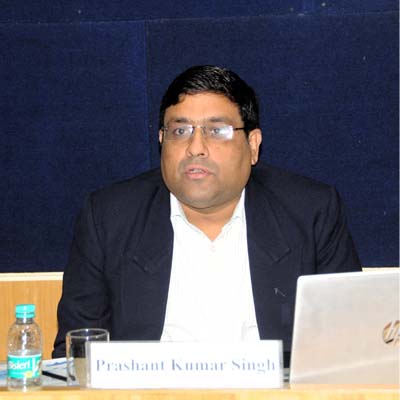Significance of Japan-Taiwan Fishery Pact
Recently concluded Japan-Taiwan Fishery Pact warrants careful monitoring of the Cross-Strait relations as the pact displeases China.
- Prashant Kumar Singh |
- May 01, 2013 |

Research Fellow
|